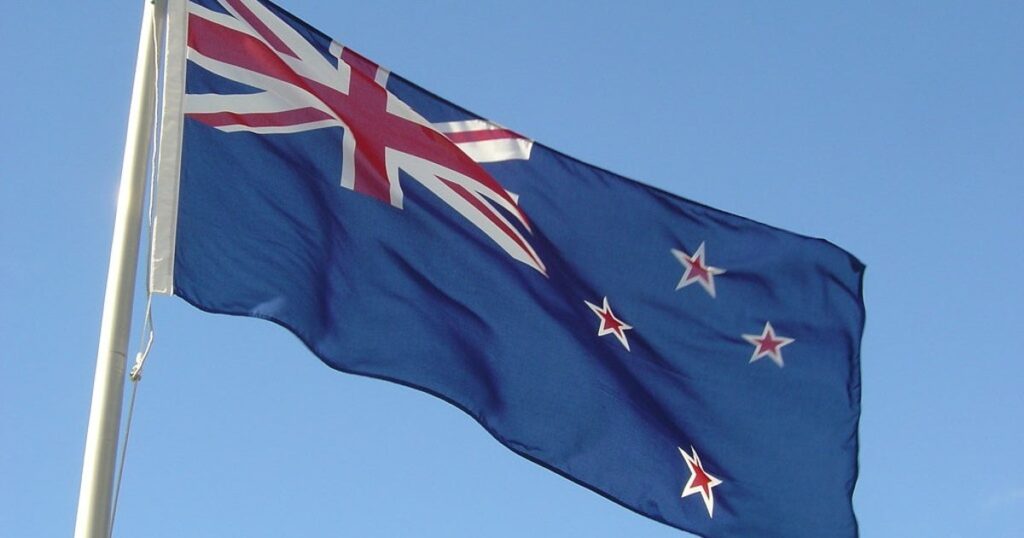
The New Zealand games industry generated NZD $434.4 million ($270.9 million) in the financial year ended March 2023, according to a survey by the New Zealand Game Developers Association.
This represents a 7% growth year-over-year, compared to an increase of 47% in the previous financial year.
According to the NZGDA, this small growth was attributed to competition from Australian tax incentives and the end of lockdown, as well as skill shortages and a lack of hiring diversity.
“Australia’s tax incentives deeply affected our industry over the past two years, constraining our studios in the battle for talent and curbing growth,” said recently appointed NZGDA chairperson Carl Leducq.
Leducq took over the role from Chelsea Rapp this month, who spoke to GamesIndustry.biz earlier this year about the continued growth of the New Zealand games industry and the introduction of its tax relief scheme.
Leducq continued: “The commitment to the New Zealand Game Development Sector Rebate means the sector’s strong growth will resume. Our studios have stood strong amidst these challenges, and I am certain of their resilience and potential for future success.”
Studios will be able to claim this rebate for the current financial year ending 31 March, 2024.
While the impact of this rebate won’t be “reflected in our revenues until it comes into effect in a year or two,” Leducq said “it has ignited a new wave of interest and investment by developers.”
The report found that 44% of studios earn a significant portion of their income from the US, followed by Europe (34%), China (12%), Asia (9%), and Australia (6%). Over half of studios in New Zealand said more than 10% of their income is sourced internally.
PC was the most dominant platform in New Zealand, with 50 of the studios surveyed (54%) receiving revenue from PC games, followed by mobile with 31 studios (31%), VR (17%), and consoles (16%).
The 93 studios surveyed represented 1,106 employees by the New Zealand games industry, a slight increase of the 1,070 people working in the previous year.
The 12 largest studios in the country employ the majority of developers — 792 full-time employees, in fact — making up 72% of the workforce.
Women represented 22% of developers in the New Zealand games industry, and Maori representation grew from 2% to 5% over the past year.
10% of developers surveyed identified as LGBTQI+, 8% identified as being neurodivergent, and 2% as having a disability.
Developers reported a limited amount of hiring in 2023 due to Australian tax incentives and “poaching” from Australian studios. However, 51% of studios in New Zealand are planning to hire additional staff in the next financial year.
Of the studios surveyed, 83% are locally owned and operated, while almost half were founded in the last three years.
73% of studios develop their own IPs rather than being contracted by other developers, which the NZGDA attributed to the Dunedin-based Centre of Digital Excellence (CODE) “which provides training and grants for games startups.”
Leducq highlighted the success of Black Salt Games’ Dredge, which was developed by a team of four.
“Successes like this show that regardless of industry challenges, we continue to bat above our eight here in Aotearoa and can deliver high-end and engaging experiences to the masses,” he said.
Sign up for the GI Daily here to get the biggest news straight to your inbox